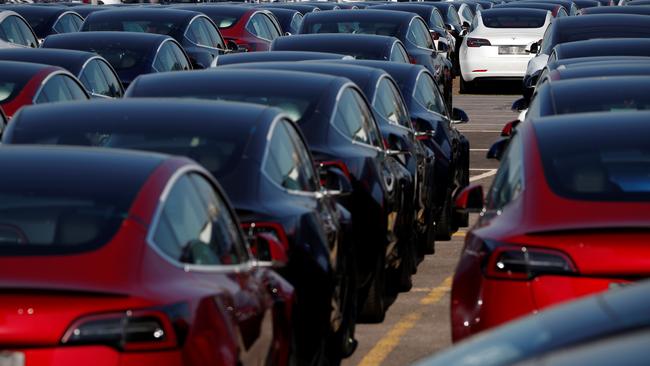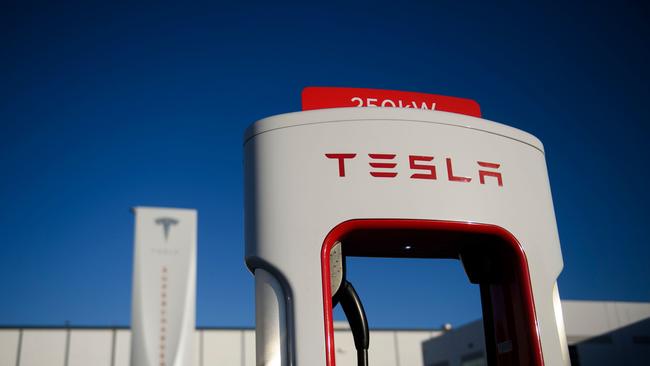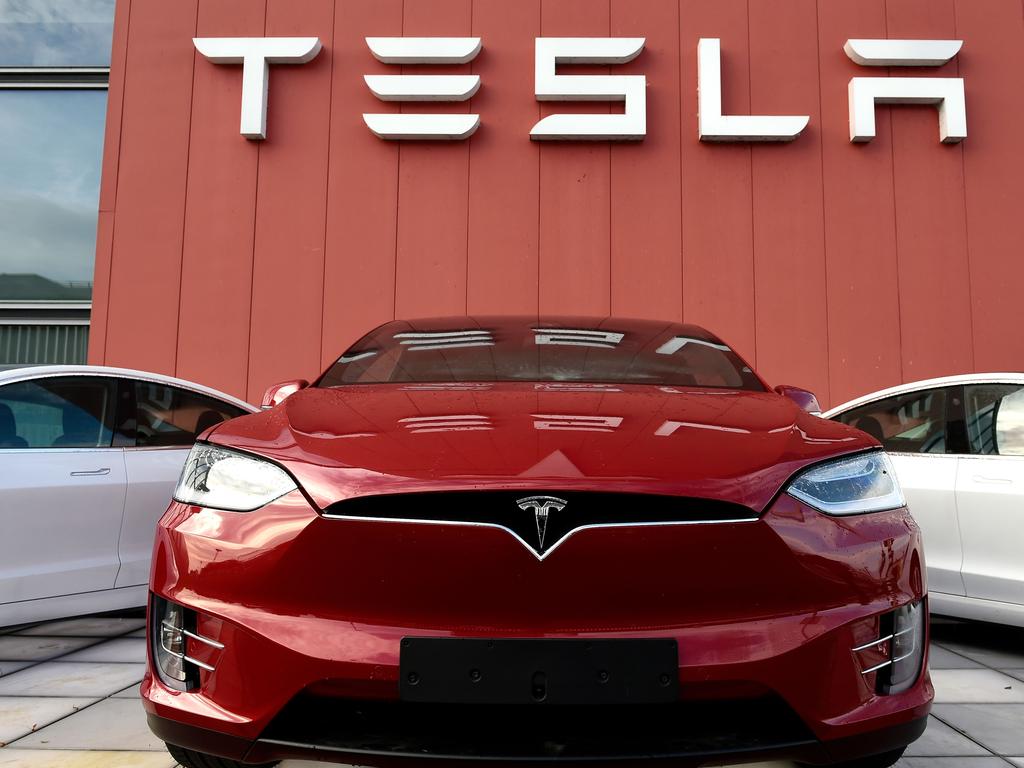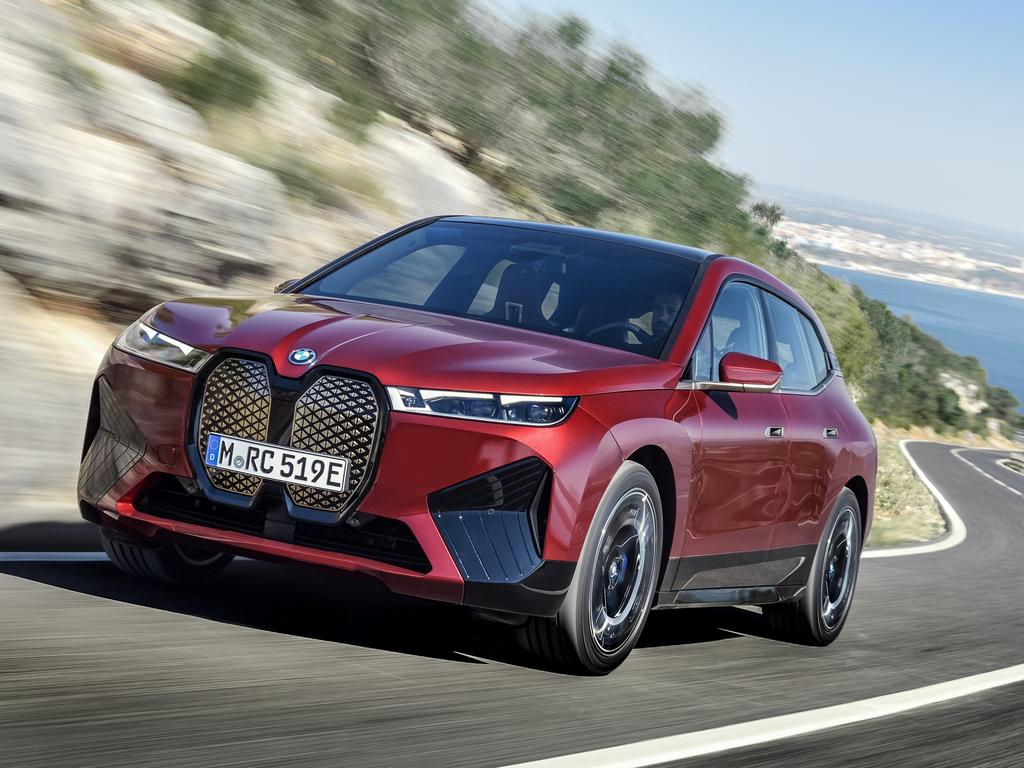Lithium is a component in electric vehicle batteries and for several ASX listed lithium producers, the change in Washington means closer links to the US-based EV industry will be a key to success as more lithium comes to the market over the next decade.
For now the outright leader in EVs is Tesla. Two ASX-listed companies, Piedmont Minerals and Ioneer, are moving rapidly to maximise their US connections.
Piedmont Minerals, which has recently rebounded above $1 billion in market capitalisation, is picking up the theme in a major way and redomiciling to the US.
Under a plan due to go before shareholders on April 5 Piedmont Minerals will change its headquarters to the US and relist its shares under the name “Piedmont US” in both markets.

Piedmont, of course, has a supply contract with Tesla; something close to a magic carpet in the highly speculative world of lithium stocks.
The company raised much of its early money on the ASX and is now planning lithium production at a facility in North Carolina
Similarly, Ioneer is taking advantage of the moment to raise money for its US project in Nevada. The company is reportedly trying to raise $60m as part of its wider plans for the Nevada facility.
Both Ioneer and Piedmont are also in the 28-member Zero Emission Transport Association, which also includes Tesla.
Rival lithium producers such as Vulcan Energy Resources- the company linked with the Rinehart family - are also looking overseas moving but this time in Germany, home of the great European legacy automakers such as Mercedes Benz and BMW.
Vulcan, which recently raised $120m, has a facility planned for the Upper Rhine Valley.
The various projects have in common the internationalisation of the local lithium market, with experienced players looking to integrate Australian lithium into the global auto industry EV supply chain.
Mixed views
Global investment banks have mixed views over the future of lithium in EVs with some suggesting the technology for electric cars is moving so quickly there is no assurance current lithium production plans will be fully required.
A report from Morgan Stanley recently suggested the lithium intensity in batteries will decline as energy density rises. There will also be growth in re-use and recycling, which would mean that primary lithium demand growth increasingly lags the growth in electric car sales.
While UBS has described the rise of EVs as “the biggest threat the auto industry has ever faced”, it also suggests new improvements in battery technology will support EV sales in the longer term but reduce lithium usage and production.

Australia is the largest supplier of lithium in the world by some distance, with 138,000 tonnes produced last year. Our key rival in the international markets is Chile, with 98,000 tonnes.
However, there are signs China - currently the world’s No. 3 lithium producer with 33,000 tonnes - could become a major player in the EV sector through plans at the Geely group and other manufacturers.
Inside the US, lithium production is insignificant at just 3,000 tons annually - and as long as it continues to take five years to get a lithium mine up and running, overseas players will be needed.








Australia’s “electric car” lithium stocks are quickly reshaping strategies as the new Biden administration makes it very clear the US wants energy security in terms of its future power needs, especially for lithium.